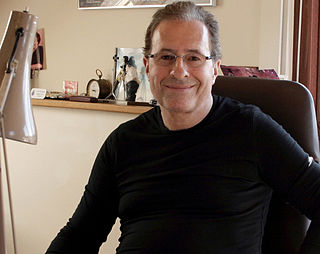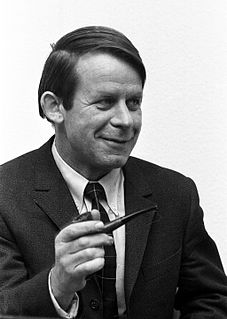A Quote by Peter James
Every novel starts with a theme, and I am constantly looking for big ideas.
Related Quotes
If your ego starts out, 'I am important, I am big, I am special,' you're in for some disappointments when you look around at what we've discovered about the universe. No, you're not big. No, you're not. You're small in time and in space. And you have this frail vessel called the human body that's limited on Earth.
If your ego starts out, "I am important, I am big, I am special," you're in for some disappointments when you look around at what we've discovered about the universe. No, you're not big. No, you're not. You're small in time and in space. And you have this frail vessel called the human body that's limited on Earth.



































